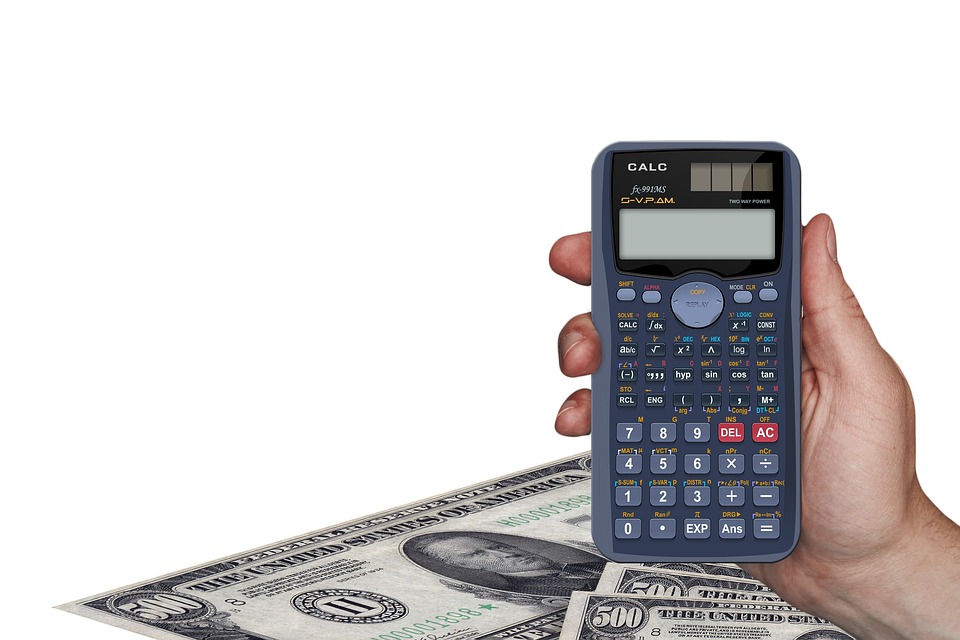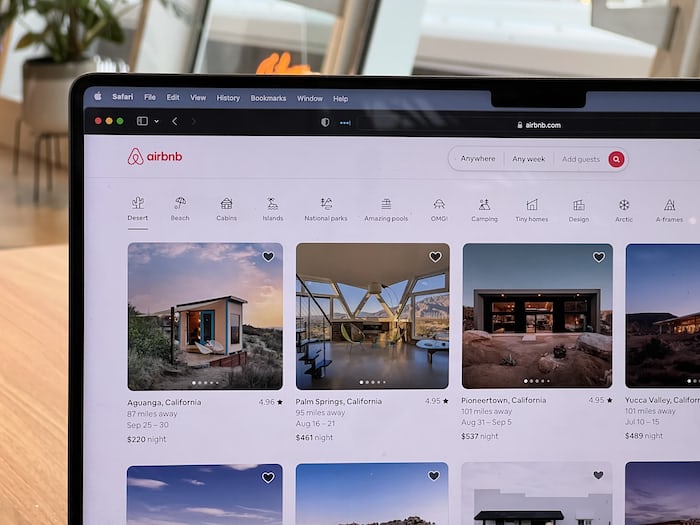Last updated Feb. 2, 2025 by Charles Zemub
Buying a car can be a daunting task, especially when faced with the myriad of tricks and tactics that some car dealers employ to maximize their profit. While not every dealer is out to deceive you, it’s essential to be aware of potential pitfalls to protect your investment and ensure you get the best deal possible. Here are 19 common car dealer tricks to watch out for:
-
The Low-Ball Offer: A dealer might promise a price seemingly too good to be true to get you in the door, only to renege later. Always verify the details before visiting.
-
Trade-In Confusion: Dealers may undervalue your trade-in to increase their profit margin. Research your vehicle’s trade-in value beforehand to negotiate effectively.
-
Monthly Payment Focus: Some dealers emphasize the monthly payment rather than the total car price to hide the actual cost. Stick to negotiating the total price first.
-
Extended Warranty Push: Dealers often push extended warranties for extra revenue. Evaluate if you genuinely need it or if it’s feasible through third-party providers.
-
Yo-Yo Financing: This trick involves signing a contract, taking the car home, only to later be told the financing fell through and more money is needed.
-
The Pressure Cooker: High-pressure tactics can make you act impulsively. Don’t hesitate to walk away if you feel unduly pressured.
-
Fees and More Fees: Read the fine print; dealers sometimes tack on unnecessary fees. Challenge any fees that seem illegitimate or unclear.
-
Protections Package: Rust proofing, paint protection, and fabric protectors are often overpriced at dealerships. Consider aftermarket options if needed.
-
Adjusting Terms at Signing: Stay vigilant during the paperwork process. Ensure the terms you agreed upon are reflected in the contract.
-
Bait and Switch: A less ethical dealer might advertise a vehicle they don’t have, to lure you in and switch you to a different car.
-
Interest Rate Games: Dealers sometimes mark up interest rates over what you’re actually qualified for. Secure your own financing options in advance to avoid this.
-
Lowballing Your Online Offer: An online quote might be far less than what you get at the dealership. Firm up your numbers before visiting in person.
-
Adding Extras Without Consent: Examine your final purchase agreement closely. Ensure there are no added extras that you didn’t consent to.
-
Switching to Other Models: A dealer might subtly pivot you to higher-priced or less desirable models on the lot if your first choice isn’t available.
-
Preapproval Checks: Some dealers run hard credit inquiries and insist it’s necessary. This can negatively affect your credit score if done excessively.
-
Playing Nice Guy: Acting overly friendly is a maneuver to establish trust. While many do genuinely want to help, some may be trying to close a deal at your expense.
-
Rushed Decisions: Dealers might rush you to skip thorough inspection and testing of the car. Always insist on taking your time to make an informed decision.
-
The Silent Treatment: Silence can be a negotiation tactic to pressure you to speak first, potentially giving away your bottom line.
- Showrooming for Pressure: Dealers often try to keep you in the showroom where emotional purchases happen faster. Always be prepared to step away to cool off.
For every trick, there’s a counter-strategy. The more informed you are, the better your position when negotiating. Remember, you can always walk away – many cars and deals exist.
✓ Short Answer
When purchasing a vehicle, be savvy about potential dealer tricks. Prioritize negotiating total car price rather than monthly payments and verify all trade-in values. Always read the contract carefully to ensure terms match your agreement and avoid unnecessary additional fees or warranties. Secure independent financing to avoid interest rate markups, and take your time to make informed decisions.
FAQs
1. Is it necessary to buy an extended warranty from the dealership?
No, it’s not necessary. Extended warranties can often be purchased through reputable third-party providers, sometimes at a lower cost.
2. How can I ensure I’m getting a fair trade-in value for my old car?
Research your vehicle’s market value through sites like Kelley Blue Book or Edmunds to get a fair estimate before negotiating the trade-in.
3. Should I arrange my own financing before visiting a dealership?
Yes, arranging your own financing can empower you with the best rates and terms, preventing marked-up interest rate pitfalls at the dealership.
4. What steps should I take if I feel pressured by a car dealer?
Remain calm, assert your requirements, and if pressure continues, don’t hesitate to leave and consider options elsewhere.
5. Are dealership add-ons and protections worth the investment?
Often, these add-ons like rust-proofing or paint protection can be overpriced at the dealership. Exploring aftermarket solutions is typically more cost-effective.





